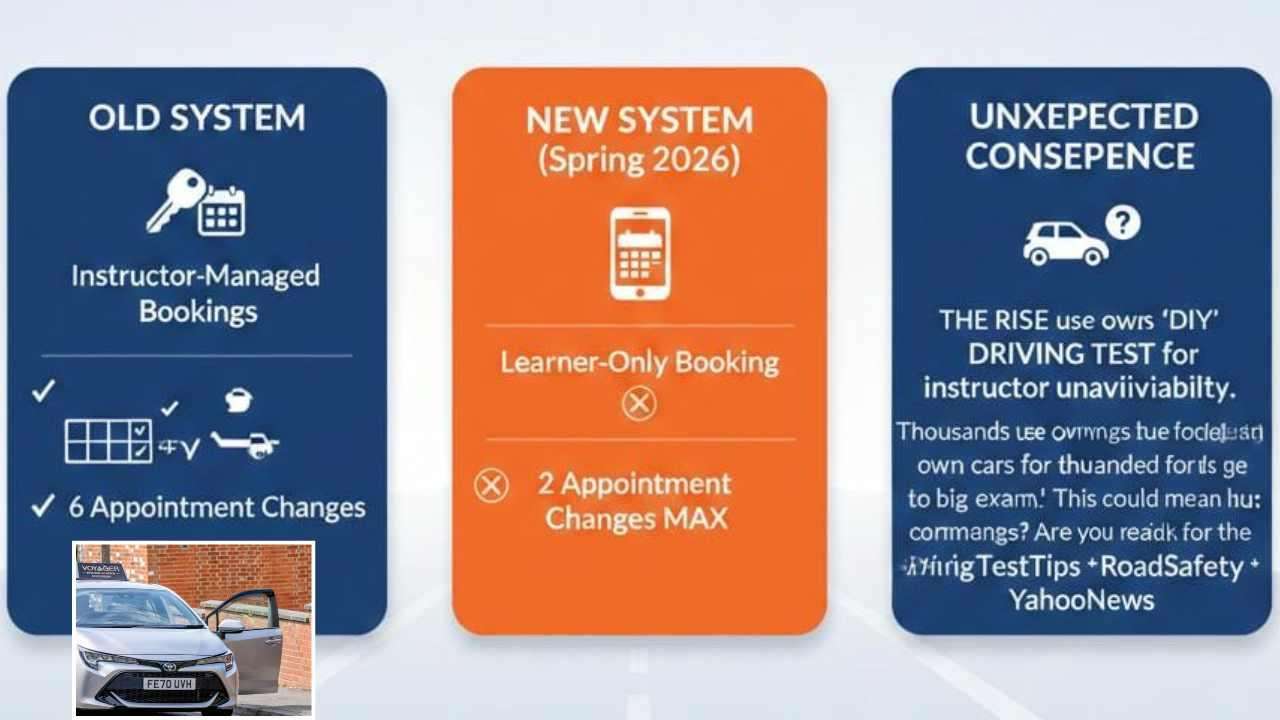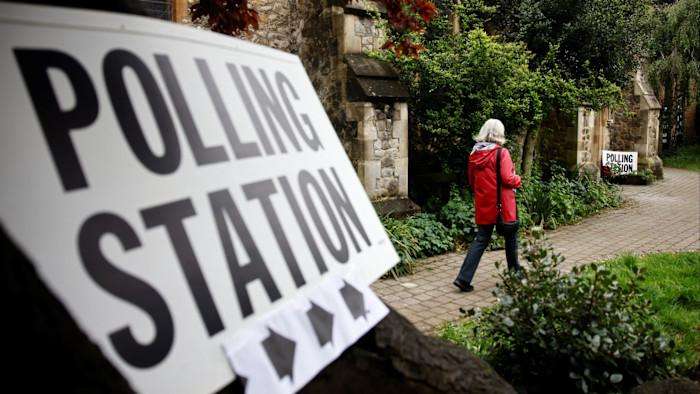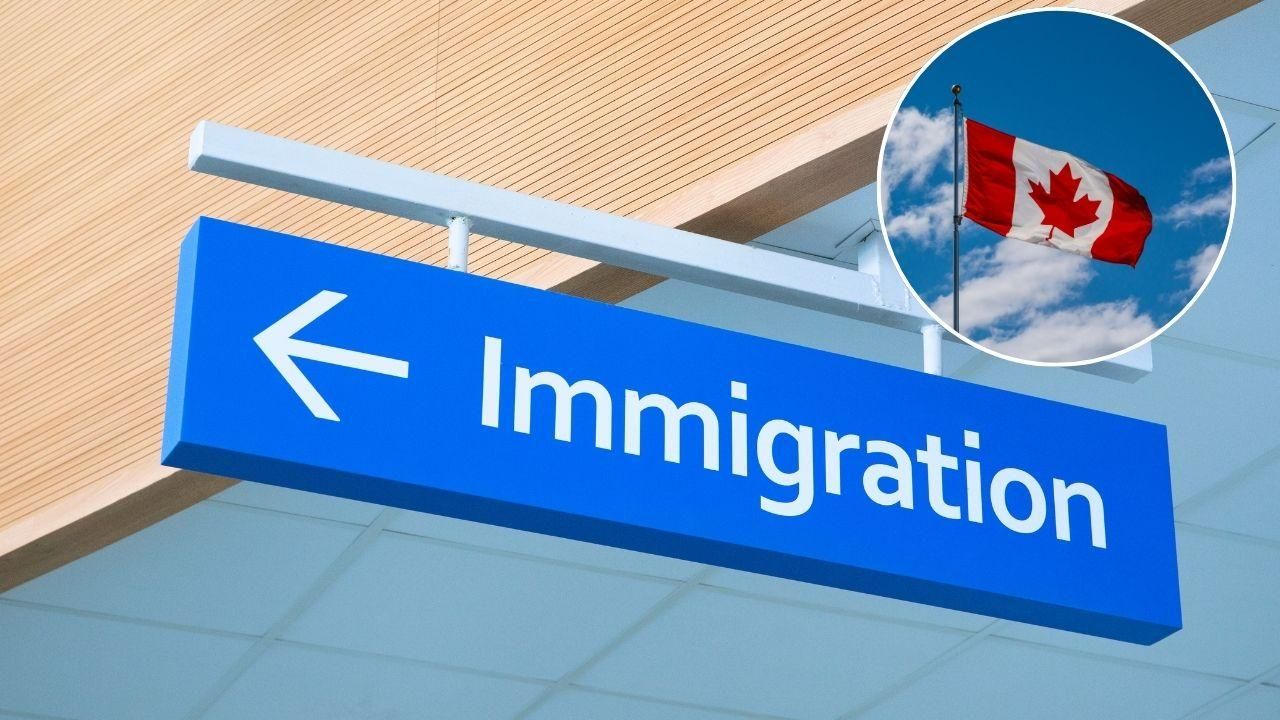As the number of cases rises rapidly, a new strain of COVID is spreading throughout the United Kingdom, according to the UK Health Security Agency (UKHSA).
The strain, known as XEC, is a cross between the KP.3.3 and KS.1.1 strains. In the week leading up to October 6, the UKHSA reports that the number of patients admitted who tested positive for the new strain increased to 4.5 per 100,000. This was an increase from 3.7 one week prior.
It is thought the XEC strain is more transmissible due to its numerous mutations, and presents symptoms similar to those of other Covid variants including tiredness, headaches, a sore throat and high temperatures.
Although self-isolation is no longer a legal requirement in the UK, the NHS has advised anyone who tests positive for Covid to avoid contact with others for at least five days.
It is also recommended that contact with more vulnerable people be avoided for 10 days, to reduce the risk to them. As a general rule, it is advised anyone with symptoms at least wait for them to subside before returning to normal activities.
Here’s what you need to know about the new Covid XEC strain:
What are Covid XEC symptoms?
The XEC strain presents similar cold and flu-like symptoms to previous variants.
They include:
- A high temperature
- Aches
- Tiredness
- A cough or sore throat
How to get vaccinated
The NHS has started offering autumn Covid boosters to the most vulnerable. The following groups can have an NHS Covid booster between 3 October and 20 December:
- Over-65s
- People aged between six months and 64 years with health conditions that make them more vulnerable, including pregnant women
- People living in care homes for older people
- Frontline NHS and social care workers, and those working in care homes for older people
Those who qualify for the jab can also book their own appointments via the NHS App, external, GPs, pharmacies, drop-in clinics, external or by calling 119, external.








.svg)



